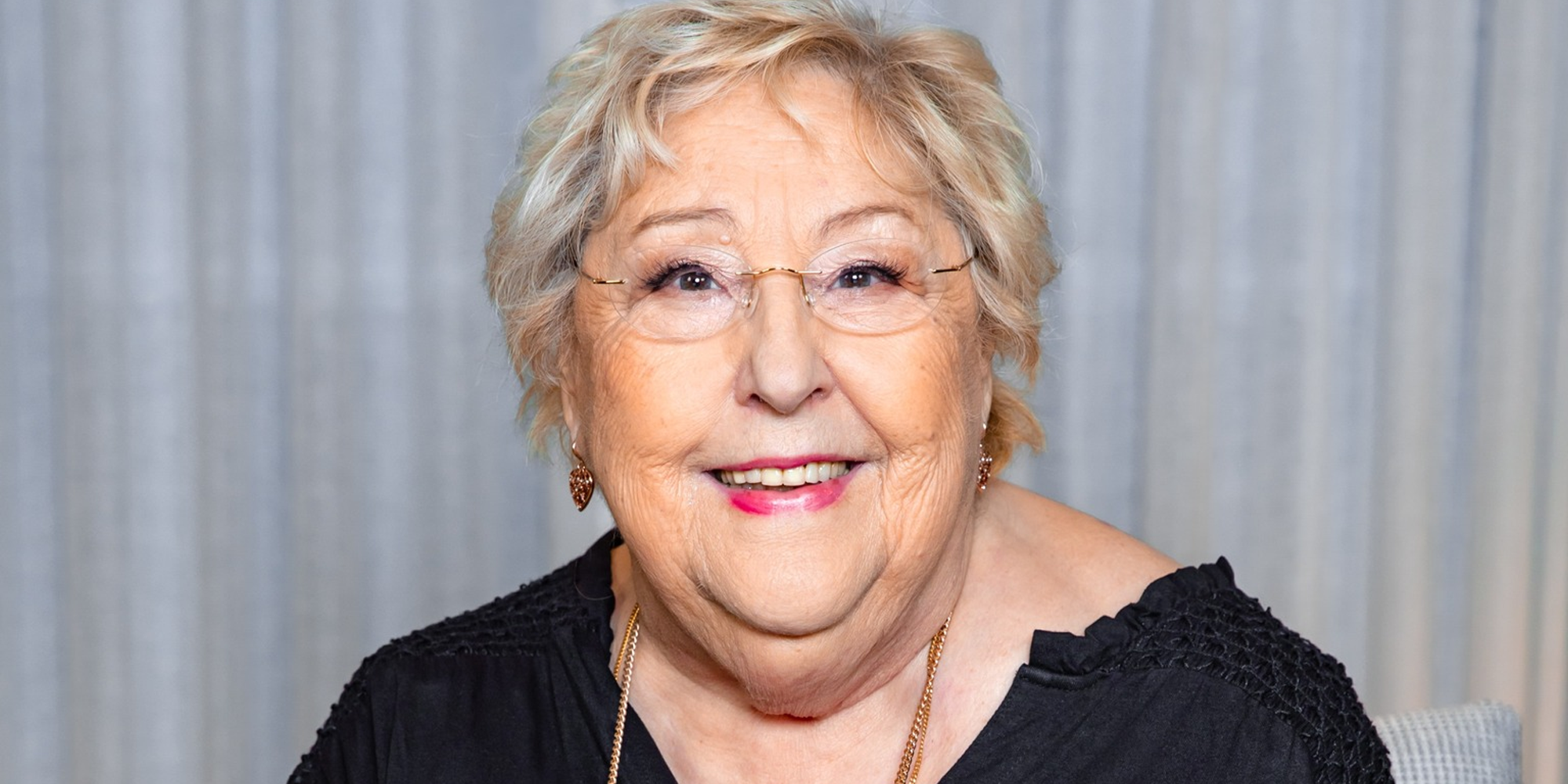Highlights from last week’s House of Lords Debate
Last week Melvyn Bragg led an impassioned debate in the House of Lords highlighting the contribution of the arts to the economy and society. In his opening remarks, Lord Bragg highlighted the power of the arts to “reinvent and magnetise” towns and cities but said that the UK government should do more to recognise and support the arts.
On employment he said “Last year, there were over 3 million job roles in the creative and cultural industries—and there could be more, if we recognised and reached the full potential of what is still considered too often to be the cherry on the cake. The arts are not the cherry on the cake—they are the cake.
Baroness Rebuck, one of several peers to welcome the debate, referenced McKinsey & Company’s recent report, ‘The Arts in the UK: Seeing the big picture’ which describes the UK as a “cultural powerhouse”.
On education, Lord Bragg described the lack of emphasis placed on arts in the national curriculum as “disgraceful” and expressed concern at the decline in the number of arts subject teachers, including drama.
Labour peer, Viscount Chandos said that the fact that LAMDA (London Academy of Music & Dramatic Art) exams are overwhelmingly taken by independent school pupils was a “vivid but depressing illustration of the rundown of arts teaching in state schools”.
SOLT & UK Theatre believe that every child has the right to experience our country’s world-leading theatre, so are asking political parties to commit to providing funding and support for our aim in their general election manifestos – that every child goes to the theatre by the time they leave school.
Baroness Hooper and Baroness McIntosh of Hudnall highlighted the importance of Theatre Tax Relief, supporting SOLT & UK Theatre’s call for the higher rate of this relief to be extended.
Responding on behalf of the government, Lord Parkinson acknowledged the way in which Theatre Tax Relief is encouraging innovation, risk-taking, new writing, productions, jobs and tours.
Take part in our online survey to help us to continue making the case for extending the higher rate of TTR beyond 2025 by responding to our online survey.






Share: